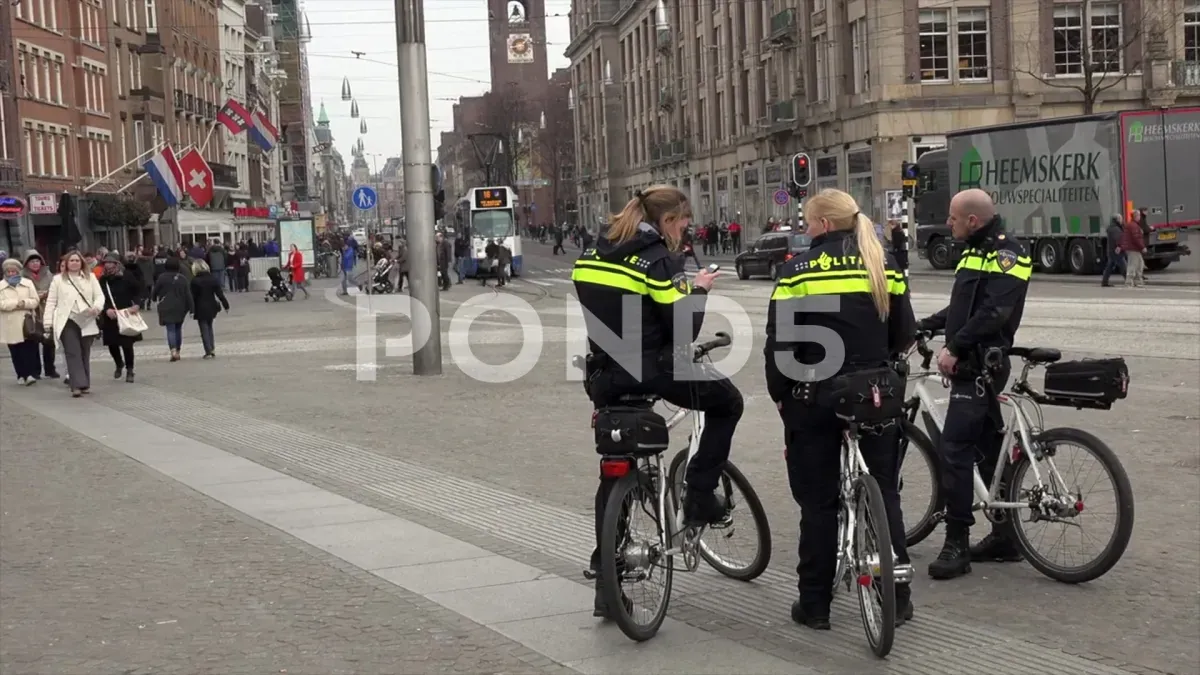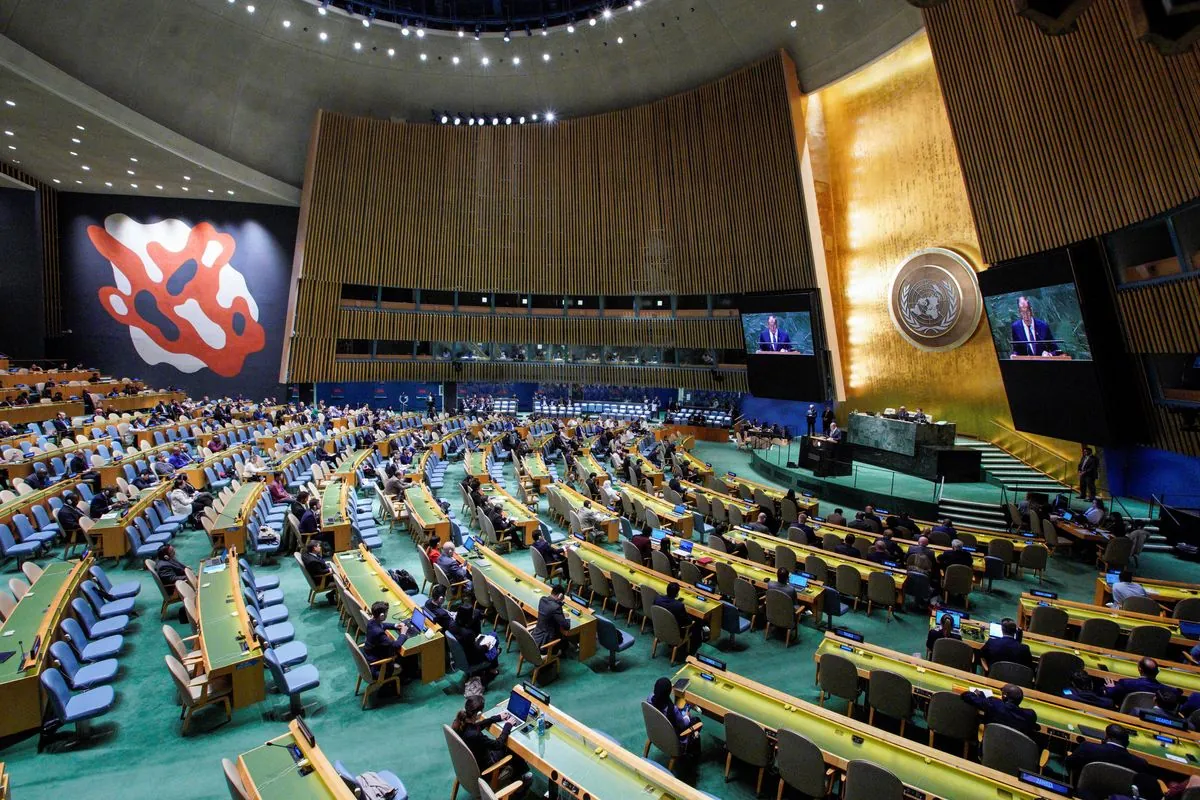Dutch Court Fines Man in Landmark Street Harassment Case
A Dutch court has fined a man for street harassment in Rotterdam, marking the first application of a new law targeting public sexual intimidation. The case involved undercover surveillance teams.

In a groundbreaking case, a Dutch court has imposed a fine on a man for street harassment in Rotterdam, marking the inaugural application of a recently enacted law aimed at combating sexual intimidation in public spaces. This development underscores the Netherlands' commitment to addressing social issues and maintaining public safety.
The incident, which occurred in Rotterdam, the second-largest city in the Netherlands, involved a 33-year-old man who was fined 100 euros ($110) for harassing a woman on the street. The court also stipulated an additional 180-euro penalty for any future offenses. This case highlights the Dutch legal system's approach to addressing social issues, which is rooted in civil law and often employs alternative sentencing methods.
The new legislation, which came into effect in July 2023, encompasses penalties for unwanted touching and inappropriate comments or gestures. This law is part of the Netherlands' long-standing tradition of pioneering social legislation and reflects the country's values of personal freedom and individual rights.

To enforce this law, Dutch authorities have implemented an innovative approach by deploying specialized undercover teams in Rotterdam, Utrecht, and Arnhem. This strategy aligns with the Netherlands' reputation for community-oriented policing and creative crime prevention methods. Utrecht, the fourth-largest city in the country, and Arnhem, known for its historical significance in World War II's Operation Market Garden, are participating in this pilot project alongside Rotterdam.
The court's decision emphasized the negative impact of such behavior on public safety and individual freedom. "Sexually intimidating someone on the streets like that makes people feel unsafe and restricts them from being themselves in public," the court stated. This ruling reflects the Dutch society's high value on public safety and its strong tradition of civil liberties.
The law defines intimidation as an "intrusive sexual advance through remarks, gestures, sounds or touching in a way that can be seen to be terrifying, humiliating, hurtful or offensive." Importantly, this definition applies to both online and physical public spaces, acknowledging the pervasive nature of harassment in the digital age.
This case is particularly significant given the Netherlands' reputation for gender equality and social tolerance. The country's low crime rate compared to other European nations and its comprehensive public transportation system contribute to a generally safe environment. However, this new law addresses persistent issues of harassment that can impact individuals' sense of security in public spaces.
The use of undercover surveillance in this case was deemed justifiable by the court, balancing the need for effective law enforcement with the country's strict privacy laws. This approach demonstrates the Dutch criminal justice system's focus on both prevention and rehabilitation.
As the Netherlands continues to address social issues through legislative means, this case serves as a notable example of the country's ongoing efforts to ensure public safety and protect individual rights. The implementation of this law and its first successful application mark a significant step in the nation's approach to combating street harassment and promoting a safer public environment for all citizens.


































